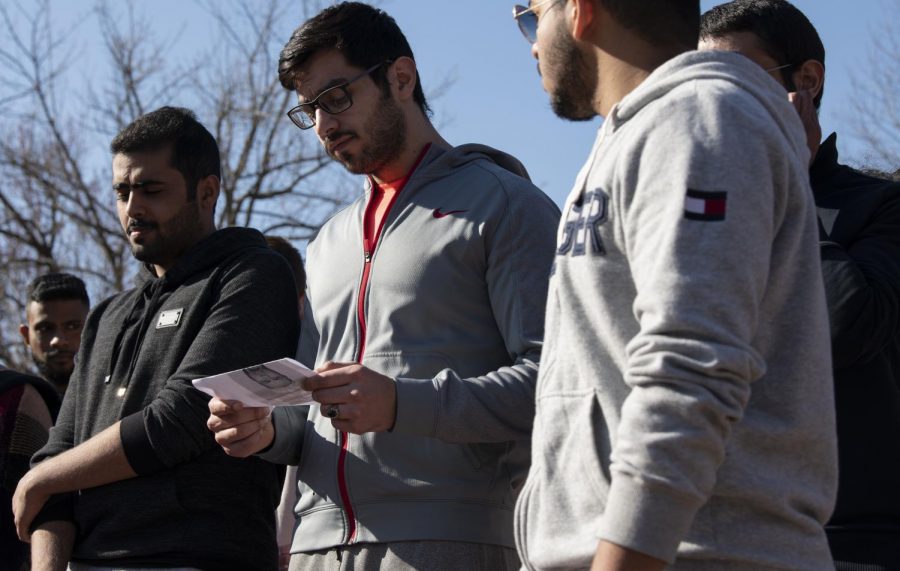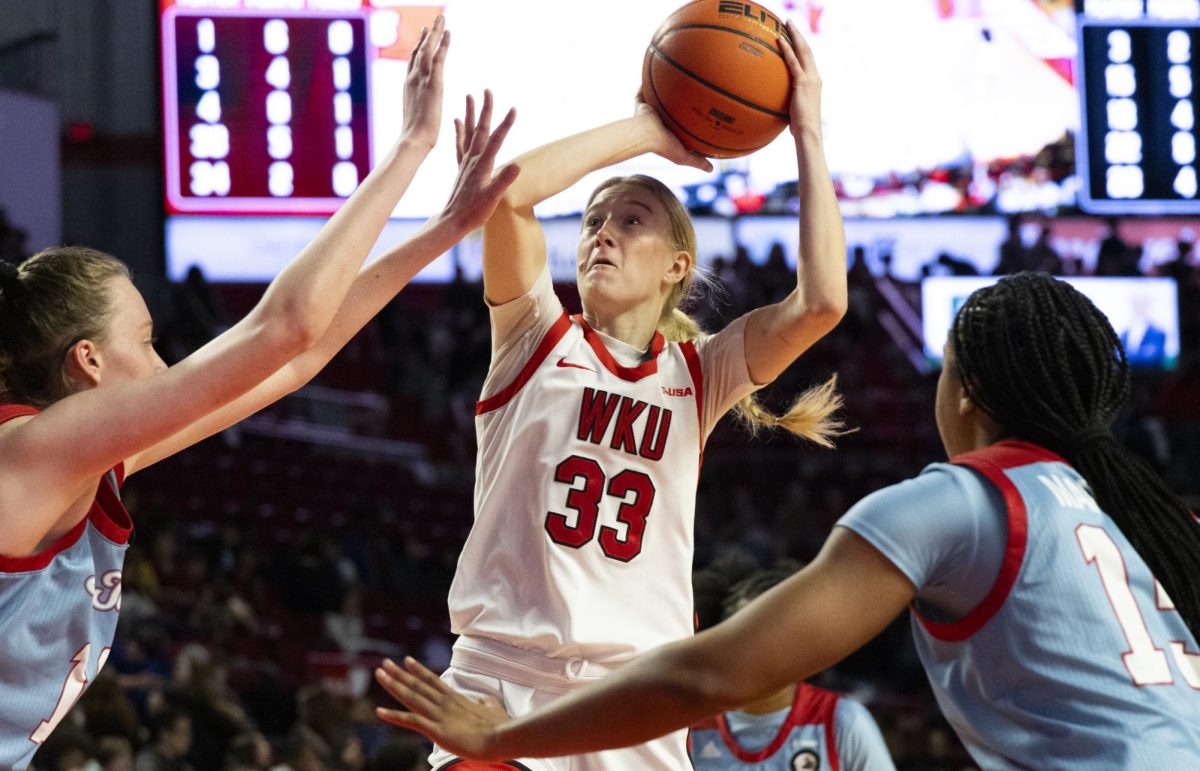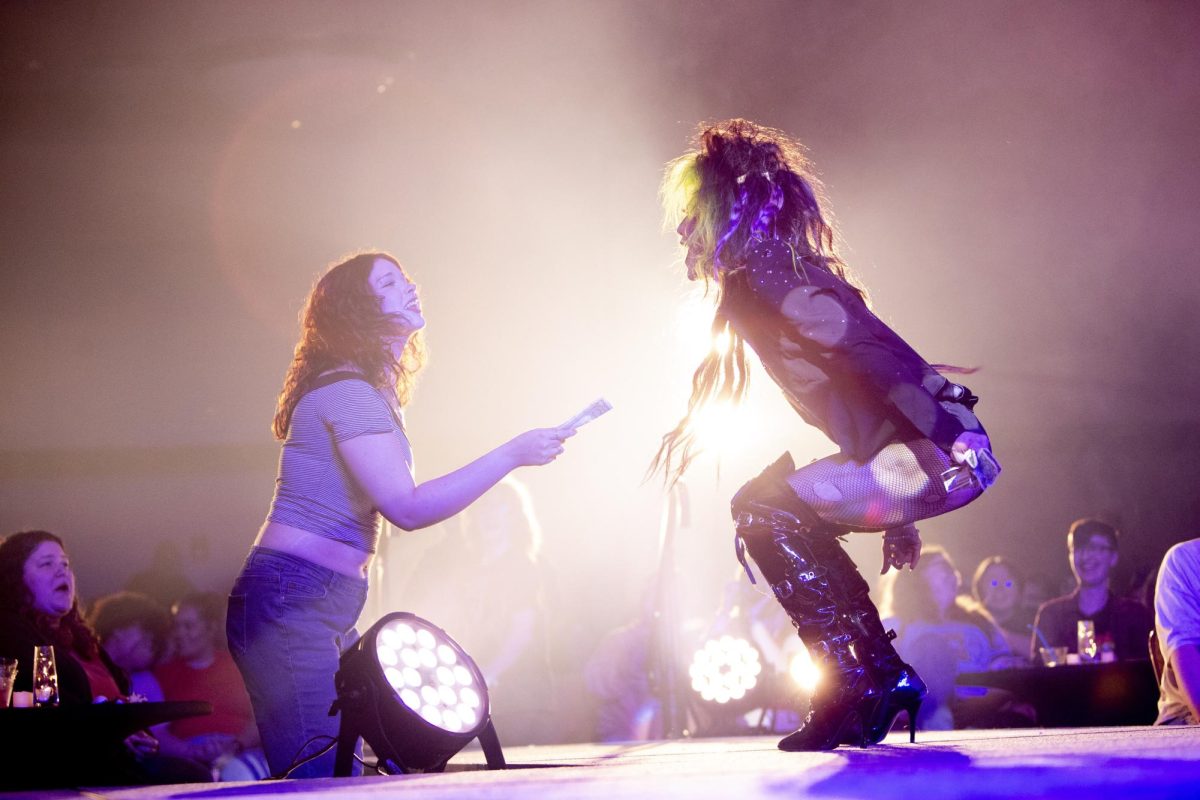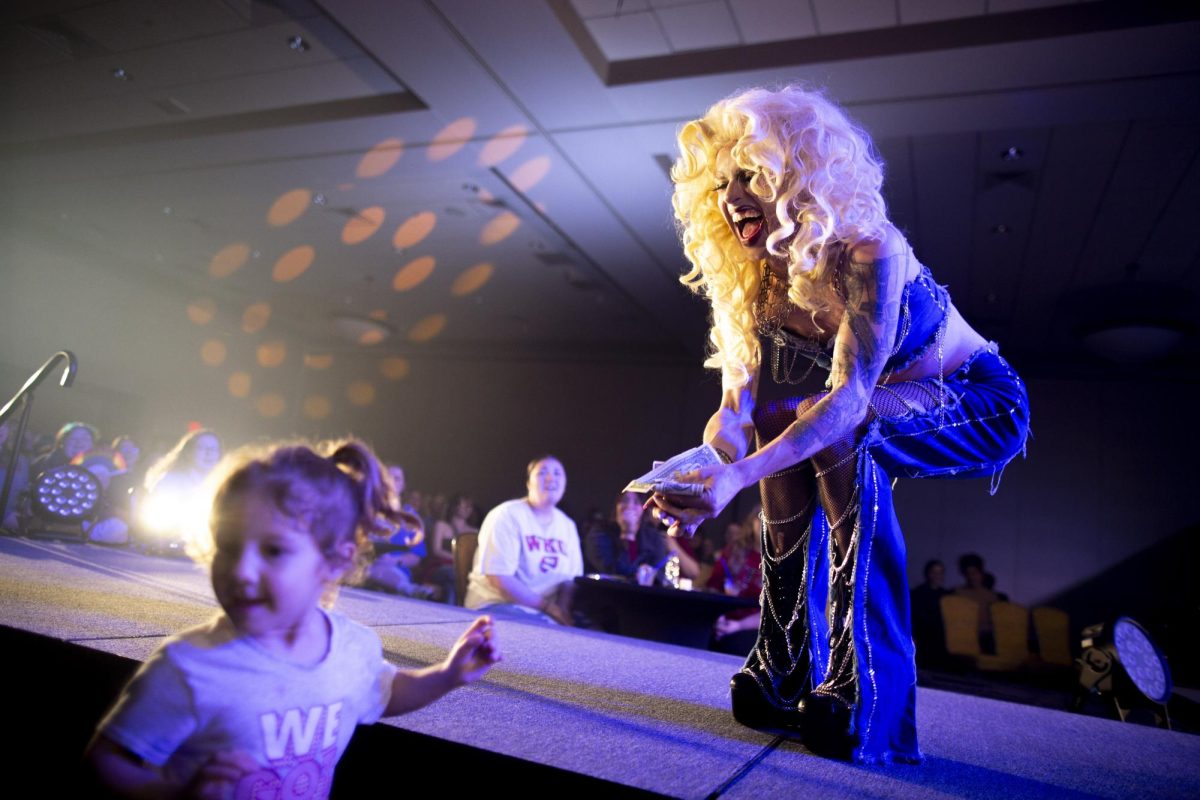Community discusses misconceptions of Islam, remembers victims of terrorist attack
March 23, 2019
Students, faculty and staff members came together Friday to discuss misconceptions of Islam and to remember those killed last week in the New Zealand attack.
Members of the Muslim Student Association and recently formed Bowling Green chapter of March for Our Lives said they wanted to hold an event to show unity on campus.
Last Friday, 49 people were killed in a terrorist attack in New Zealand, according to the New York Times. A single shooter attacked two mosques and live streamed the attack in addition to releasing a manifesto online.
During the discussion portion of the event, people nearly filled the Student Government Association chambers in Downing Student Union. People discussed the New Zealand attacks, how they reacted and how they felt the attacks were covered.
“This happened in a small community and people just thought it was a normal day and went to pray and then that happened,” one of the students leading the event, Tithe Ahmed, said. “It could happen to anyone around the world and that’s what hit home for me.”
One point of discussion was the media’s response to the attack. Senior Bader Fallatah from Saudi Arabia said it took a day for the shooter to be identified as a terrorist, which surprised him. He added the most important thing to create change is for people to learn about Islam.
“Islam in arabic means peace,” Fallatah said.
After the discussion, Fallatah said anytime he is given the chance to discuss, clarify or educate about Islam is great and key to progress. While many people mentioned feelings or instances of insecurity, Fallatah said he has never had a negative experience in Bowling Green.
After the attack, Fallatah said someone from the FBI reached out to his mosque to offer added security.
Maryam Malik, secretary for MSA, asked the room how many people had single image or perception of a terrorist. Nearly everyone in the room raised their hand, and went on to explain how films and media have shaped an American idea of terrorism.
Attendees also discussed the culture in America in terms of understanding and accepting Islam.
One student, Bowling Green freshman Kerby Gilstrap, said she was saddened after hearing about the attacks and felt it was important to talk about it. During the discussion, she shared her experience of growing up in a small town.
As an international affairs and Arabic major, Gilstrap said she has been confronted with a lack of support from her family. She said the discussion showed different perspectives from what she had previously experienced.
“Not about religion, about their heart,” Gilstrap said.
Toward the end of the discussion, the audience were encouraged to share any questions they may have about Islam. From there, people began discussing hijabs and the diverse levels within Islam.
“It’s always better to ask a Muslim than to judge them,” Khalid Aljaber, a senior from Kuwait, said.
State representative and history professor Patti Minter attended both the discussion and vigil. She said Bowling Green is a diverse community and WKU is a beautiful place which provides academic freedom and safety. However she said sometimes, people in the community don’t feel safe.
Minter encouraged anyone who feels unsafe to contact her and said she would be there for them.
“I stand with you, I see you, I grieve with you,” Minter said.
To combat the feeling of insecurity, Minter said it is important for the community to come and stand together to show that love will conquer hate. She added it’s important to celebrate differences as they are a part of what makes the community special.
In the past, John Sunnygard, associate provost of Global and International Affairs, said he was able to live in Morocco for two months. There he said he was able to learn and reflect. One thing he said he noticed was how little Americans know about Islam.
Sunnygard said WKU is a welcoming place and a place where people feel comfortable learning new things. In his roughly six month time at the university, he said he’s been pleased to see the learning opportunities available.
After much discussion and celebration of the efforts made by the community, attendees were invited to read aloud the story of someone killed in the attack, and marked the end with a moment of silence.
News Editor Rebekah Alvey can be reached at 270-745-6011 and rebekah.alvey660@topper.wku.edu. Follow Rebekah Alvey on Twitter at @bekah_alvey.













